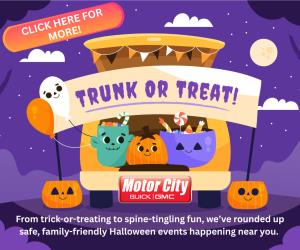Oct 20, 2025

After learning they have breast cancer, individuals may not know what to do next. Certain steps may not take away the initial shock, but can help people prepare for what's ahead.
Gather information.
The first step is to learn more about your diagnosis. This should include details about the type, stage, and hormone receptor status of the breast cancer from your doctor. Now is the time to ask the doctor to clarify anything you do not understand. He or she also may begin to spell out a treatment plan.
Unless the cancer is very aggressive, you likely have time to seek a second opinion. Another specialist can confirm the diagnosis and offer a second opinion about a potential treatment plan. After all expert opinions are gathered, you may also want to learn more through reputable sources like the Mayo Clinic or the American Cancer Society before making any treatment decisions.
Share the news.
Some people want to keep their cancer diagnosis a secret, but it can be helpful to let loved ones know early on. This will help you build a strong support system that can offer emotional support and additional assistance when needed. Treatment may leave you feeling weakened and ill, and you might need some helpers to lighten your load. A counselor or therapist also can help you navigate the emotions of a breast cancer diagnosis.
Accept help.
It can be difficult for those who are independent to admit they need assistance. You can take the reins by making a list of tasks or responsibilities that you may need help with. This way, when people ask what they can do, you'll have answers at the ready. Ideas include assistance with meal preparation, childcare, errands, transportation, or keeping you company during treatments.
Prioritize self-care.
Breast cancer can take a lot out of a person. Trying to maintain some sense of normalcy can help. Consider gentle exercise, relaxation techniques, and activities that bring a smile to your face. Remember to choose healthy foods and find ways to manage stress as much as possible. Be patient with yourself, as it can take time to adapt to a diagnosis and treatment.
Speak with your employer.
Breast cancer can affect your ability to work. There likely will be appointments with doctors and consultations with your care team. Looping your employer in is a smart idea. Many supervisors will be supportive of your needs. You also may want to speak with human resources about any services that could be available to you, or how you can allocate personal time off for your treatment and care.
A breast cancer diagnosis can catch anyone off guard. Taking each step slowly and learning more can make the weeks ahead a little less apprehensive.









